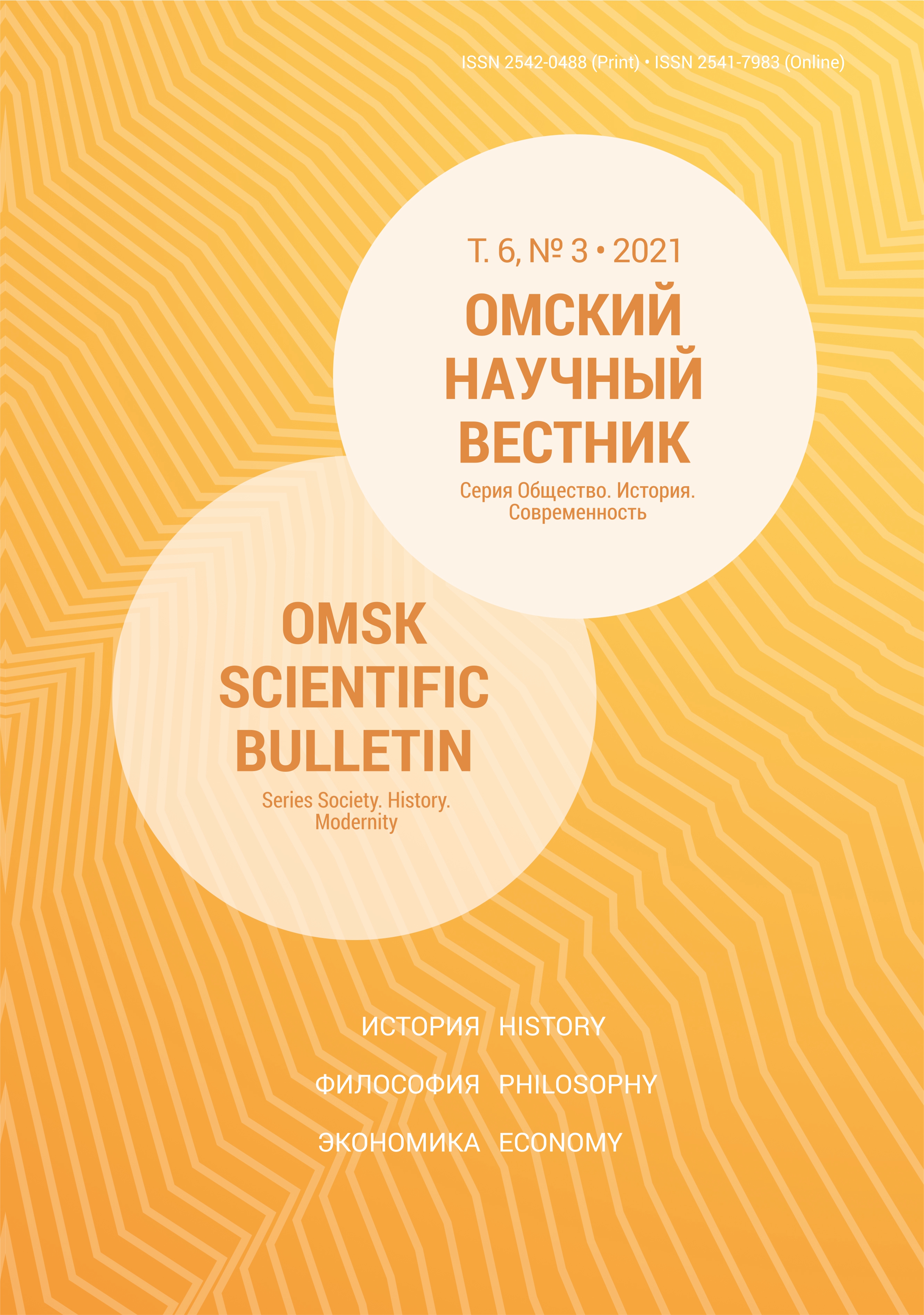Legal nihilism in resolving family conflicts of nobles and peasants of Russian Empire in the first third of XIX century
DOI:
https://doi.org/10.25206/2542-0488-2021-6-3-22-30Keywords:
everyday history, gender history, family, conflict, nobles, peasants, duel, secret wedding, legal nihilismAbstract
The article highlights the ways of resolving family conflicts nobles and peasants in the first third of the XIX century in the Russian Empire, against the background of the ongoing systematization of legislation. Based on examination of the letters and memoirs of the nobles and peasants we highlighte the methods, which are actually used to solve family conflicts. I conclude that nobles and peasants rarely used help of the state in resolving family conflicts. The sphere of family relations was sacred for these estates; therefore, they did not rope the authorities into family conflicts. I have identified the following ways to resolve family conflicts: duel; marriage, often in the form of a secret wedding; going to the monastery and punishing the unfaithful wife; different approaches to raising children by peasants and nobles. The author of the article pays attention to passivity of the peasants in resolving their family conflicts. The results of the study allow exploring the alternative ways of resolving family conflicts based on representatives of other classes of Russian society in the first third of the 19th century (clergy, merchants, philistines, foreigners) as well, using wider range of sources (journalism, normative acts, fiction, paperwork). This analysis contributes to the discussion about the limits of the government intervention into family affairs. The author of the article redlines that people did not trust the law and resorted to the personally legitimate sources of dealing with family conflicts. This conclusion presents a new perspective in the discussion of legal nihilism and real application of the law in life.
Downloads
Published
How to Cite
Issue
Section
License
Non-exclusive rights to the article are transferred to the journal in full accordance with the Creative Commons License BY-NC-SA 4.0 «Attribution-NonCommercial-ShareAlike 4.0 Worldwide License (CC BY-NC-SA 4.0»)




